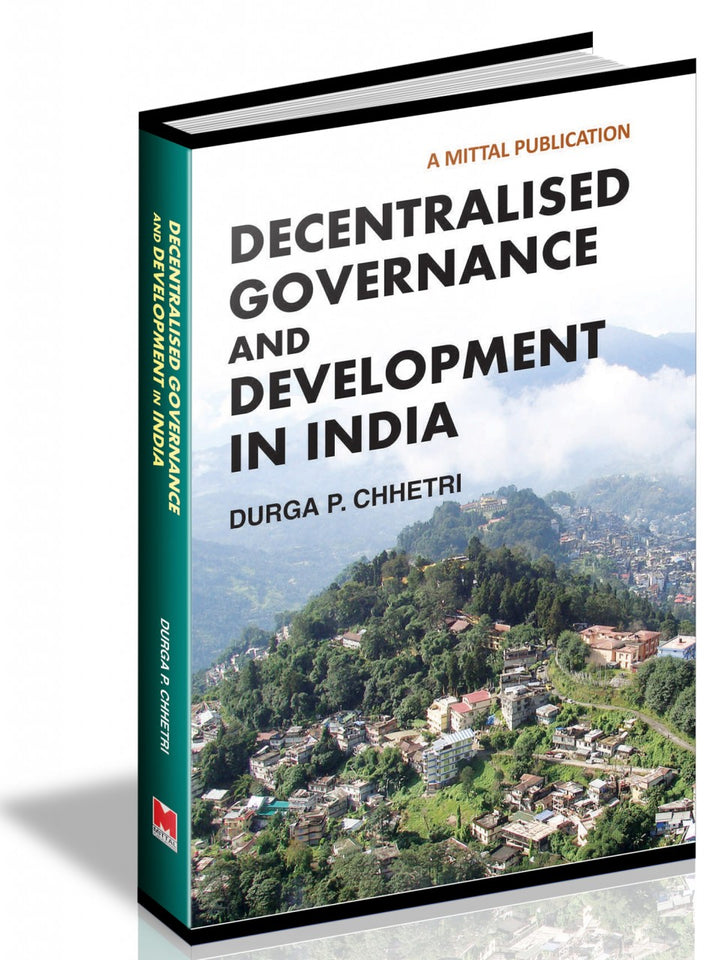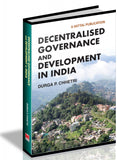Decentralised Governance and Development in India
Regular price
Rs. 1,250.00
Decentralisation in practice is made up of differing and multiple processes and engages a variety of actors. It is therefore far from being the singular process envisaged by thinking on local government reform and involves interactions far more complex than simple ‘transfer of power’ notions. Different forms of decentralisation are occurring in parallel, often in ways that cause confusion, ambiguity, high transaction costs and conflict. Notwithstanding the criticism levelled against the movement of decentralisation, many countries in the world have however adopted the policy of decentralisation to transfer the power from national to sub-national government. Decentralisation entails the transfer of political, administrative, and fiscal powers to sub-national units of government. In India, the process of decentralisation was started with the establishment of Panchayati Raj in the 1950s. Over time the Panchayat became a three-tier system, one at the village, the second at the block and the third at the district level. Decentralisation in India is thus centred on the creation of multi-tiered system of elected local government throughout the country. Empirically grounded in field research, using questionnaires, interviews and discussions with all the actors in the field of decentralisation and rural development, the author presents a detailed account of rural decentralisation and development in Sikkim. Overall the book Decentralised Governance and Development in India provides an incisive and comprehensive analysis of the decentralisation, good governance and development in the Himalayan state of Sikkim. Dealing with a theme of considerable importance, this book will be of interest to students and scholars of politics, history and public administration as well as to the development practitioners, planners, administrators and social activists.
Durga P. Chhetri (b. 1974) is Assistant Professor in Political Science at Southfield College (formerly Loreto College), Darjeeling, West Bengal. He has obtained M.A., M.Phil and Ph.D degree from Department of Political Science, University of North Bengal. His areas of academic interest include ‘decentralisation’, ‘governance’, ‘gender studies’, ‘rural development’ and ‘social exclusion and inclusion’. He has published on a range of issues like grassroots democracy, politics of social inclusion, women empowerment, decentralisation and participation.
Guaranteed Safe Checkout





